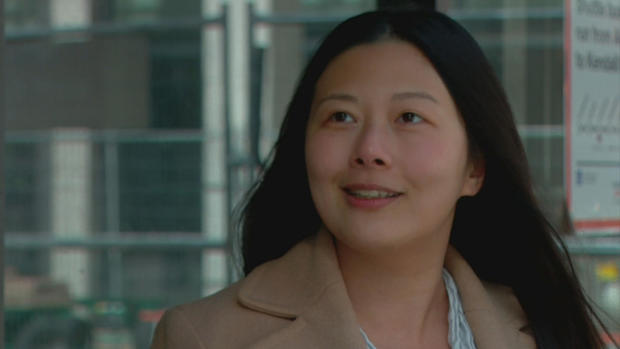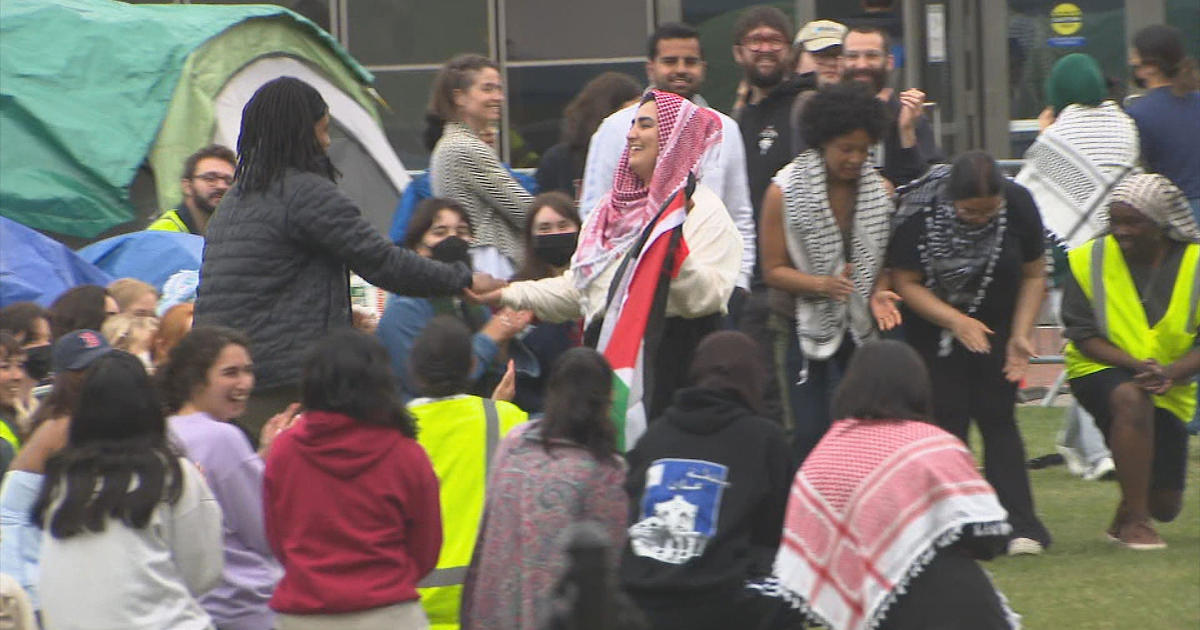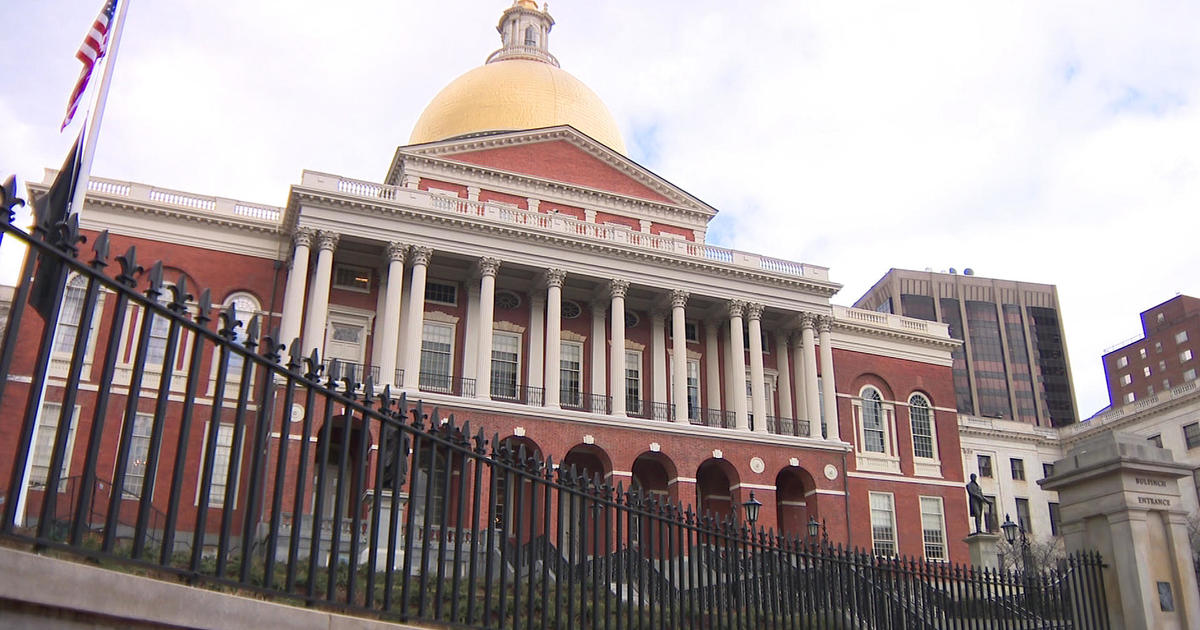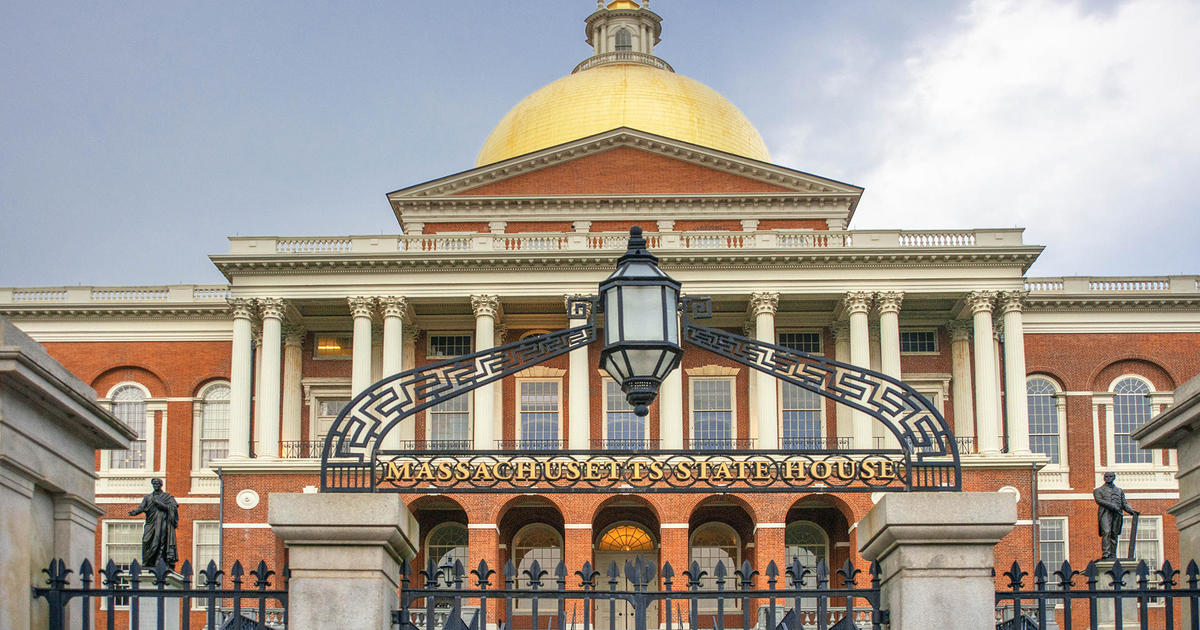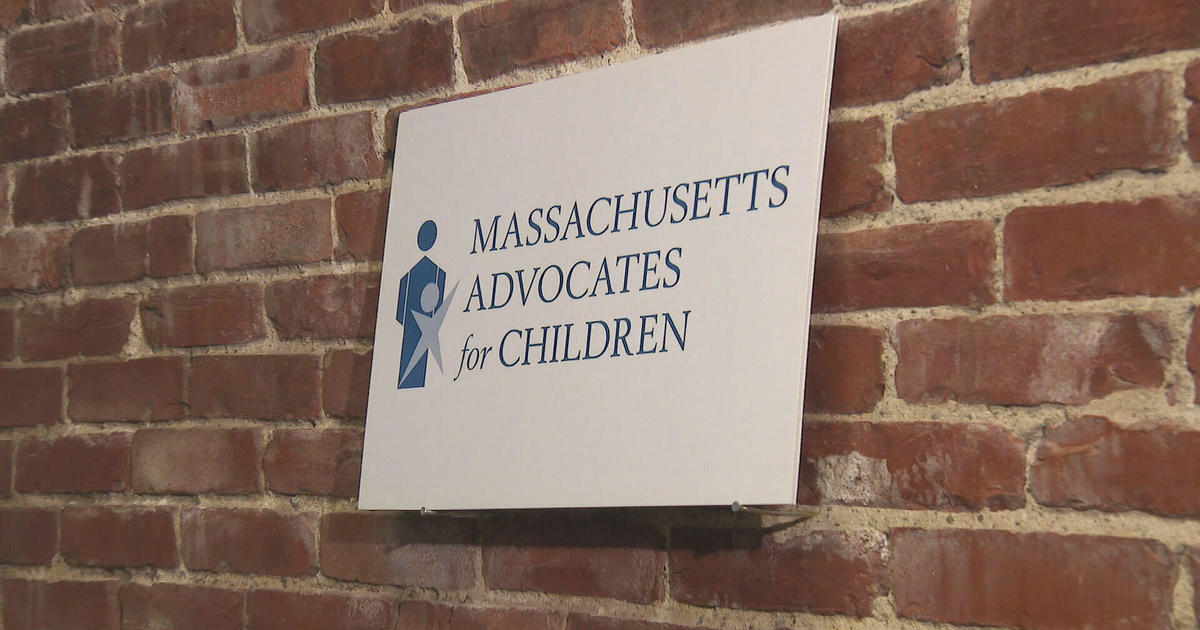MIT researcher attacked for work on COVID-19 origin feels 'validated' after DOE report
CAMBRIDGE - The Department of Energy believes with low confidence that the COVID-19 outbreak started from a lab leak in Wuhan. A local researcher has been pushing the United States to investigate the lab for more than a year. Her remarks have led to threats and harassment.
"Backlash was swift and furious. I think a lot of scientists were really offended by it. People called me a race traitor. I was attacked by a Chinese media article," said Dr. Alina Chan, a scientific advisor at the Broad Institute of MIT and Harvard. "All of that time fighting for the lab origin to be investigated, I do feel validated."
WBZ spoke with her in 2021 when she wrote a book on COVID's origins. Her work outlined two possible scenarios for the start of COVID. One theory is that it began from the market trade of live animals in Wuhan. The other is from a lab outbreak. Her conclusion leaned toward the lab because she says no infected animals have been found in that area during that time.
"The question is, in the absence of this evidence, how did this highly infectious virus make its way all the way from south China to Wuhan leaving no trace along its journey, or the source?" questioned Dr. Chan. "We are entering the fourth year of the pandemic, and there are still no infected animals to be found, still no evidence that such viruses were circulating in the animal trading community or the route to Wuhan."
People may be wondering why an investigation like this would come from the Department of Energy.
"They are one of the best positions to make a call on this because they do have biological expertise," explained Dr. Chan.
She hopes this latest push from the DOE helps promote further investigation even if China does not cooperate in any investigations. Dr. Chan likens the situation to the way aviation companies respond to a plane crash.
"They actually investigate the moment-by-moment unfolding of the event, and they do this so they can inform future actions to prevent the same thing from happening again," believes Dr. Chan. "It is very feasible to find information from the outbreak of COVID-19 here in the US, and other countries outside of China, because clearly a lot of emails, communications and documents were sent back and forth even in the months before pandemic."
Dr. Chan says lab leaks are more common than people think, and that it doesn't mean the lab was nefarious in nature.
"Lab leaks occur at a stunning frequency. A 2019 report actually said that there were four or more lab releases of these select agents, or highly contagious viruses or toxins, in the US in 2019," added Dr. Chan.
She would like to see more public oversight of labs on a national and international level. This could come from impacts to funding or publishing of findings. She believes it will lead to safer conditions and more transparency.
"US has a leadership on the rest of the World. You have to start first. You can't ask someone to do something you aren't willing to do first," continued Dr. Chan. "I hope that there will be a way to bring people to the same table and be as objective as possible. Put name calling aside and figure out the origin of COVID-19."
